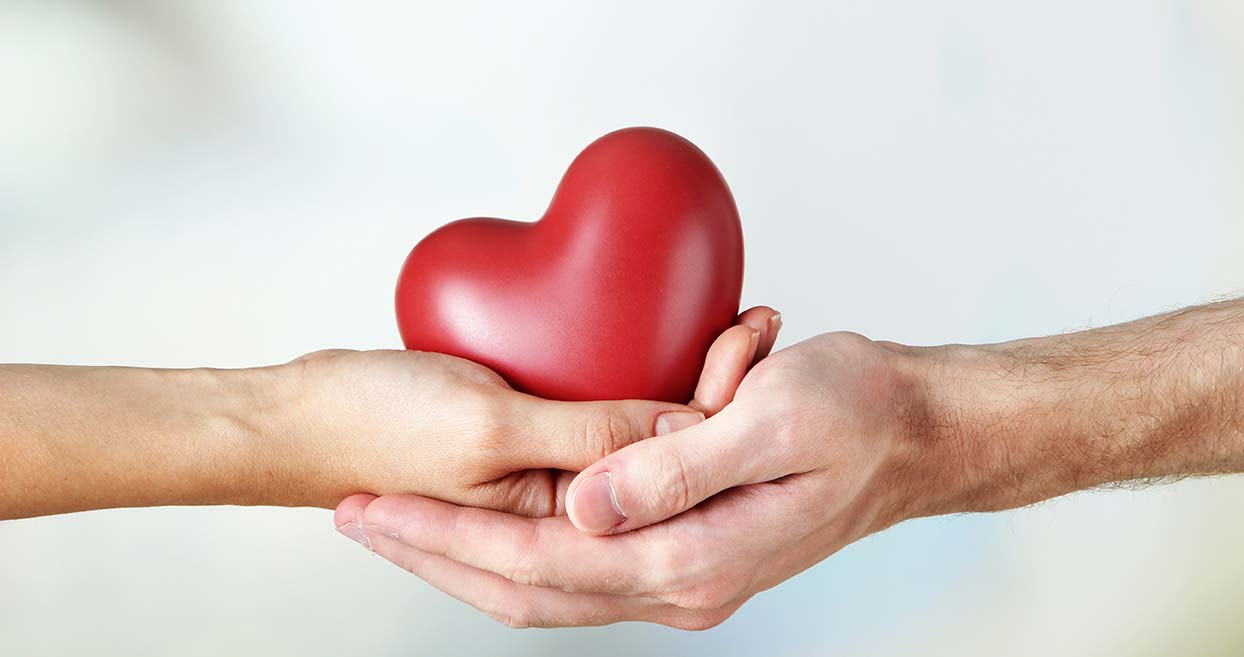Supporting Our Sisters: Breast Cancer Awareness in the Hispanic Community

October is Breast Cancer Awareness Month, a time when communities worldwide come together to raise awareness and support those affected by breast cancer. For our Hispanic community, this month holds special significance, as breast cancer is a topic that hits close to home for many. In this article, we will dive into the complexities of breast cancer, how it affects Hispanic women living in the United States, and why ongoing research is so important. We'll also explore prevention strategies and ways to honor Breast Cancer Awareness Month.
Getting to Know Breast Cancer
Breast cancer is a complex disease that originates in the breast tissue, often in the milk ducts or lobules. It causes cells to grow and multiply uncontrollably, often forming lumps or tumors. If it’s not caught early, breast cancer can spread to other parts of the body and set up camp there. This battle isn't just for women; men can get it too, although it's more common among women. Let's uncover some key facts and figures:
- Global Impact: Breast cancer is the most common cancer among women worldwide, with over 2 million new cases diagnosed annually. About 1 in 8 women will be diagnosed with breast cancer in their lifetime.
- Risk Factors: Your age, family history, and lifestyle choices can influence your chances of getting breast cancer. If a close family member has been diagnosed, your risk nearly doubles.
- Causes: While researchers are hard at work to understand the causes, breast cancer is believed to be triggered by genetic mutations, hormones, and exposure to carcinogens, including everything from radon and asbestos to alcohol and red meat.
Breast Cancer and Our Hispanic Community
Breast cancer doesn't play favorites, but it does affect Hispanic women in unique ways. In the United States, the number of new breast cancer cases among Hispanic women is 28 percent lower compared to non-Hispanic white women. Sounds positive, right? Well, it’s still a major concern. Breast cancer is the top cause of cancer-related deaths among Latin American women. Here's why it's a tougher battle for women of Hispanic descent:
- Genetics: Our genes influence our breast cancer risk. Hispanic women are less likely to get tested for certain genetic mutations compared to other populations worldwide. However, these genetic changes are more common in many parts of Latin America, making breast cancer a more significant threat.
- Social Factors: Things like access to healthcare, health insurance, and even where you live can affect your health. Unfortunately, many Hispanic women and Latinas face barriers to healthcare, which can lead to lower rates of important screenings like mammograms.
- Lifestyle Choices: What we eat and how we live can make a big difference. In Latin America, traditional diets packed with fruits, veggies, and whole grains are linked to a lower breast cancer risk. But, Hispanic women living in the United States often change their diets to include more processed, sugary, and fried food, which appears to increase their risk.

Breast Cancer Prevention and Early Detection
Prevention and early detection are vital in the fight against breast cancer. Research consistently demonstrates that early detection through self-exams, clinical checkups, and mammograms significantly boosts survival rates to 99%. Hispanic women have the power to take proactive steps to reduce the risk of breast cancer, including:
- Regular Screenings: Mammograms are recommended starting at age 40 for average-risk women.
- Healthy Weight: Adopting a balanced diet, staying physically active, and maintaining a healthy weight can lower risk.
- Goodbye Bad Habits: Smoking and excessive alcohol consumption are detrimental, so steer clear. If you choose to enjoy alcohol, do so in moderation.
- Plant Power: More and more studies highlight the benefit of plant-based diets in reducing breast cancer risks. This doesn’t mean saying goodbye to meat forever but rather shifting your focus toward fruits, vegetables, whole grains, and nuts as your primary sources of nourishment.
Our Fight Against Breast Cancer
Researchers are on a mission to understand how breast cancer affects different groups, including Hispanic women. Although we've come a long way, it's essential to recognize that most studies focus on non-Hispanic white women. To level the playing field and boost outcomes for everyone, we must push for people of all backgrounds to be involved in breast cancer research and clinical trials. More inclusive research can lead to discoveries about tumor biology, its variations in all individuals, and custom therapies for anyone facing a breast cancer diagnosis.
To drive meaningful change, we all must get involved. You can make a difference by supporting and participating in research initiatives that include diverse populations. Encourage your friends, family, and community members to do the same. By advocating for increased diversity in clinical trials and research studies, you can help pave the way for more personalized and effective breast cancer treatments for everyone. Let's stand together to make sure no one is left behind in the fight against breast cancer. Together, we can make a powerful impact on the future of healthcare.
Honoring Breast Cancer Awareness Month
This October, let's make Breast Cancer Awareness Month unforgettable! Here's how:
- Join the Action: Get involved in local events like Race for the Cure or Making Strides Against Breast Cancer. If you can’t be an active participant, consider donating to fundraisers that support awareness, prevention, cures, and survivors.
- Be a Supporter: Open your hearts and wallets to organizations dedicated to breast cancer, such as:
- Share Stories: Celebrate the strength and stories of breast cancer survivors within the Hispanic community.
- Live Your Best Life: Embrace a diet rich in fruits and veggies, stay active, explore health supplements for overall well-being, and schedule regular checkups for early detection.



Leave a comment